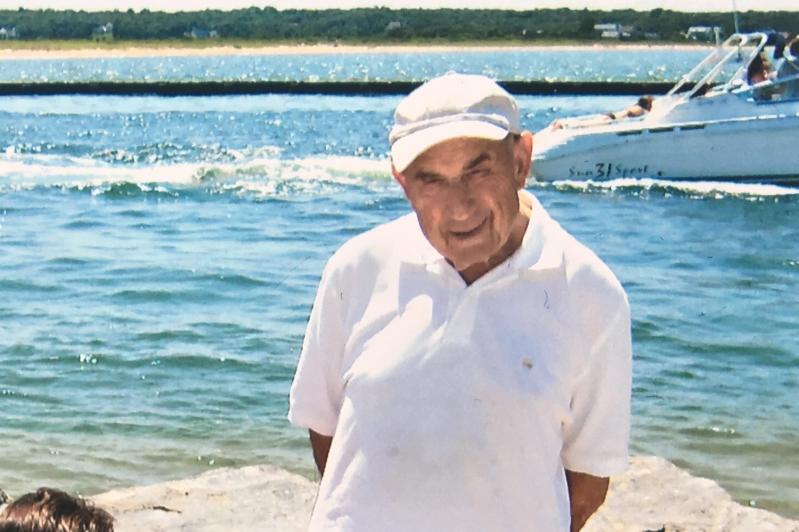George L. Kaplan, a decorated veteran and civil engineer who worked on the New York State Pavilion for the 1964 World’s Fair in Queens, died on July 7 at MorseLife senior care facility in West Palm Beach, Fla. The resident of Amagansett and West Palm Beach was 95 and had cancer.
Having served in the Army Corps
of Engineers during World War II, Mr. Kaplan later worked on the pavilion at the World’s Fair from 1962 to 1964. He would go on to have a 24-year career as senior project manager with the New York City Health and Hospitals Corporation, beginning in 1970 and retiring in 1994.
Born on Dec. 12, 1923, to Max Kaplan and the former Anna Silver, George Lawrence Kaplan grew up in Brooklyn. He graduated from Erasmus Hall High School there, where he was on the swimming team. He was a student at the University of Illinois when the Corps of Engineers, in which he had enlisted in December 1942, called him up for basic engineering training and then sent him into combat.
Mr. Kaplan fought in the Battle of the Bulge, in a unit that traveled ahead of other companies to clear land mines and build bridges and tunnels, or blow them up where possible. In January 1945, he received the European African Middle Eastern Theatre Ribbon and a Purple Heart.
After concluding his military service, Mr. Kaplan attended Cornell University. In 1956, he married Flora Edouwaye Siegel. The marriage ended in divorce in 1983.
Mr. Kaplan was known in Amagansett for his vegetable garden and his prized thornless raspberry bushes, the fruits of which were used to produce jam enjoyed year round. He did a lot of shopping at the Agway in Bridgehampton. On one occasion, his family said, a farmer at the counter asked him how many acres he had, assuming that he had a farm, not just a vegetable garden. Mr. Kaplan also loved baking bread. Once, at 4 a.m., he joined his friend and neighbor, the proprietor and baker at Fromm’s Restaurant and Bakery in Amagansett, in baking that day’s daily bread.
He was a big fan of Felice’s Restaurant and Astro Pizza in Amagansett, where he would often take his grandchildren. “I think he liked the eggplant pepperoni the most,” said his daughter, Elizabeth Cohen of New York City. The owners, Alda Lupo Stipanov and Nado Stipanov, “were always very kind and welcoming” to him, she said.
The two boys’ visits to their grandfather in Amagansett were “some of the happiest times in their lives,” Ms. Cohen wrote. “Their grandfather took them fishing at the beach and on the bay; he shared his love of swimming with them and they learned to swim in his pool in the backyard.” As a retired civil engineer, she said, he “loved to talk about bridges, which inspired his grandson’s college studies.”
She said her father “was ahead of his time” in supporting his wife’s career and accomplishments. Ms. Kaplan is a cultural anthropologist who founded the Museum Studies Graduate Program at New York University.
“He was a good man who wanted to make the world a better place for everyone,” Ms. Cohen wrote.
In addition to his daughter, Mr. Kaplan leaves a son, Jonathan Todd Kaplan of Vancouver, Wash., and four grandchildren. His domestic partner, Marion Rosencrans, whom he met in 2003 at a social club in Southampton, survives as well.
Funeral services took place on July 14, with burial at Mount Eden Cemetery in Valhalla, N.Y. The family has suggested memorial donations to a charity co-founded by Mr. Kaplan’s maternal grandfather, Marks Silver, known today as the Hebrew Free Burial Association. It is associated with Silver Lake Cemetery on Staten Island, which is named for Mr. Silver, and can be found online at hebrewfreeburial.org.

